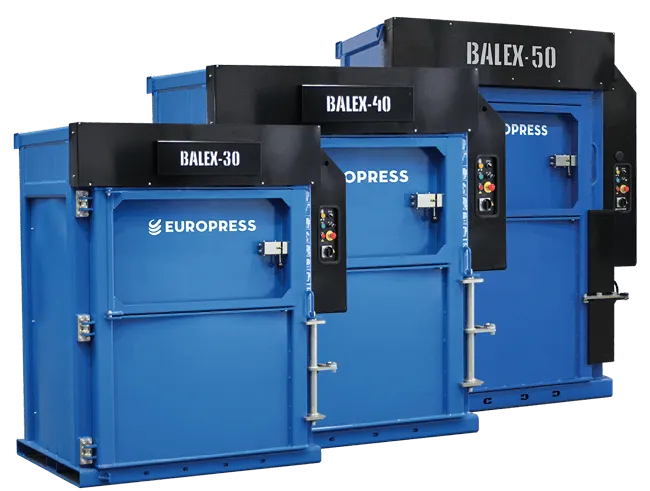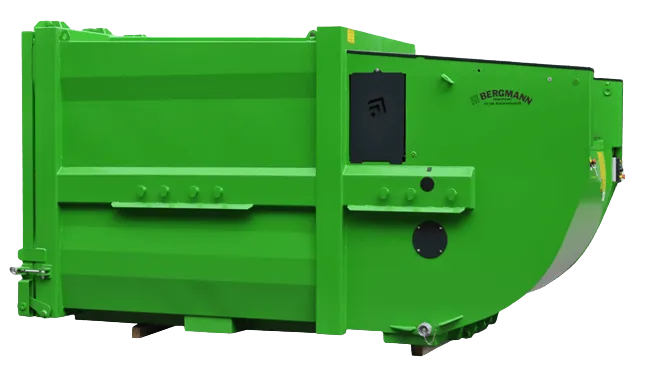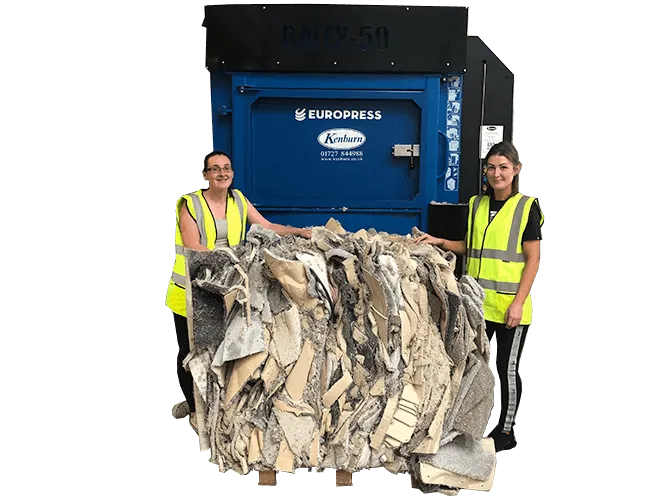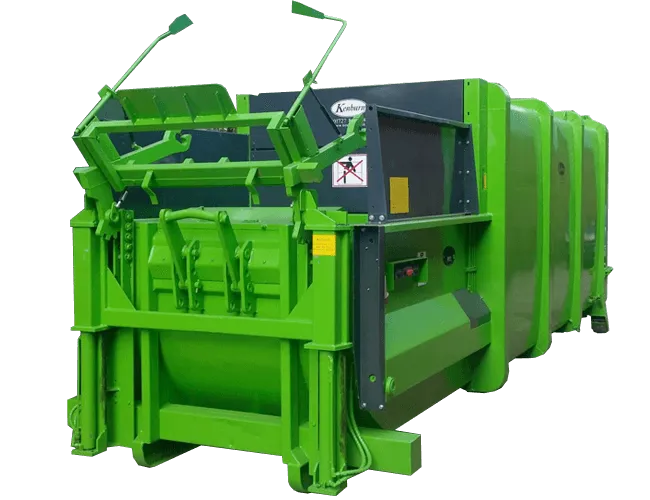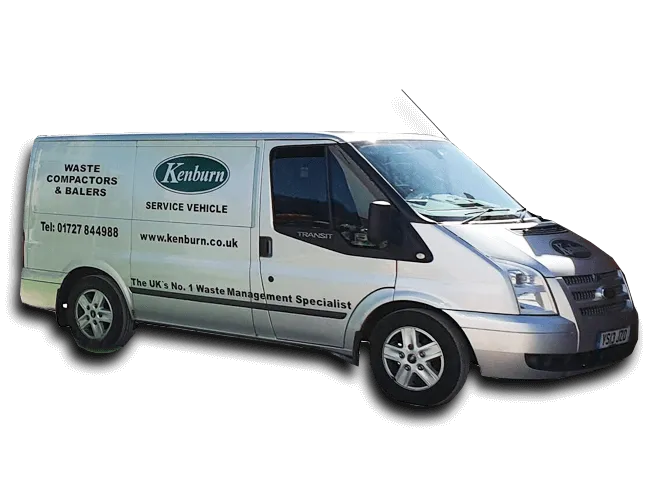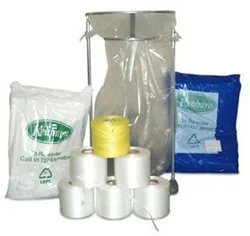Packaging has an important role to play in keeping foods fresh and protecting our foodstuffs from contamination. But as the world becomes increasingly concerned with how our materials are recycled and reused, the pressure is on food manufacturers to find sustainable solutions that don’t cost the earth or compromise the freshness or taste of their products.
Over the last twenty years, the UK government (and European Union) has taken a hardline approach on waste in the industry. Firstly, they called upon food manufacturers to responsibly package their goods. But now, the narrative, and their priorities, are beginning to shift.
Packaging reduction to packaging optimisation
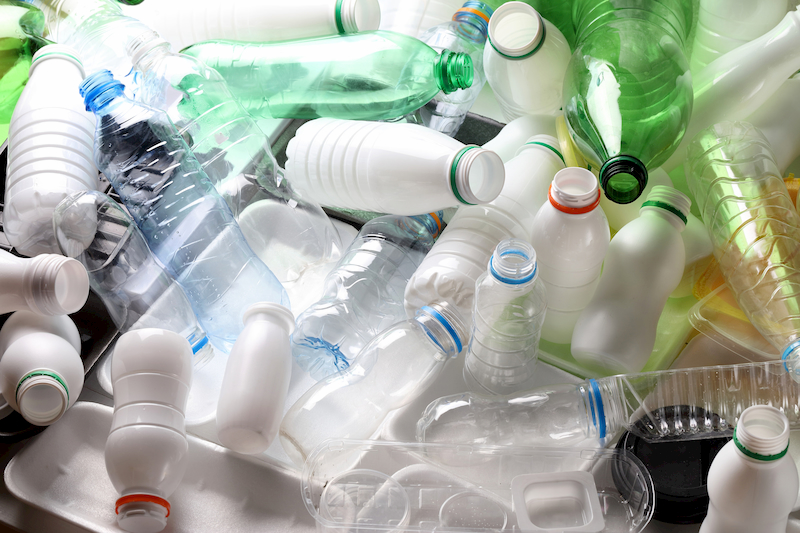 Instead of treating all waste equally, the industry has begun to look at the types of waste that cause the planet the most harm. As it turns out, the most problematic forms of waste are wet waste and discarded food. The packaging, which governments had sought to so closely legislate, has become less of a priority. Now the government is calling upon food producers to:
Instead of treating all waste equally, the industry has begun to look at the types of waste that cause the planet the most harm. As it turns out, the most problematic forms of waste are wet waste and discarded food. The packaging, which governments had sought to so closely legislate, has become less of a priority. Now the government is calling upon food producers to:
- Use effective packaging materials that keep food fresher for longer.
- Minimise the impact of this packaging on the environment.
- Increase the recovery and recycling rates of materials and packaging.
The industry has therefore moved beyond the conventional waste hierarchy of prevent, reuse, and recycle, into one that focuses more on the outcomes of this waste.
So what can food manufacturers do to enhance their green credentials even further? It’s not just a case of eliminating waste, but responsibly disposing of those essential materials that prevent food waste.
An industry challenge
Food manufacturers have already gone to great lengths to reduce waste. Many have intelligently moved away from single-use plastics to recyclable alternatives, and some even request that their suppliers do the same.
The pressure on the industry to reduce their waste footprint, however, has raised awareness of some misconceptions:
Packaging as an environmental problem
Effective packaging reduces the volume of food waste. Food waste has a far worse environmental impact than many appropriate packaging materials. Food waste cannot be easily put to good use, so the issue of packaging waste is not as detrimental as it is often made out to be.
Too much packaging?
Naturally, the market economics of food manufacturing means that manufacturers are actually rewarded for minimising packaging. It reduces their costs and enables them to operate more profitably. Packaging innovations have enabled food producers to minimise packaging throughout their operations.
Packaging is powerful
The industry has invested more than £1.5bn in efforts to promote the more widespread adoption of recycling.
In a world without packaging, we would have no liquids, gels or powder products. Fruit and vegetables would only be available when they are in season, and you would have to shop for it daily.
Of course there are improvements to be made. But the biggest differences can be made by how manufacturers manage their own waste materials.
The path to more affordable, effective and ‘green’ waste management
So what can food manufacturers really do?
- Manage waste effectively. Ensure that you have agreements with waste management companies – negotiate and engage with providers to get the best deal for you and your materials.
- Reduce the costs of waste management. Make it less of a burden and make your waste management processes more efficient.
- Categorise waste and begin to find ways to create value (or revenue) from this waste.
At Kenburn Waste Management, we help businesses in the food manufacturing industry to audit their waste and optimise their waste management processes. We supply the industry with highly efficient balers and compactors that enable companies to affordably manage their critical waste, seamlessly fitting into your sustainability practices and adding to your ‘green credentials’.
For more information, get in touch with one of our waste management experts or give us a ring on 01727 844 988 and we’ll be more than happy to give you our expert, no-obligation advice.

